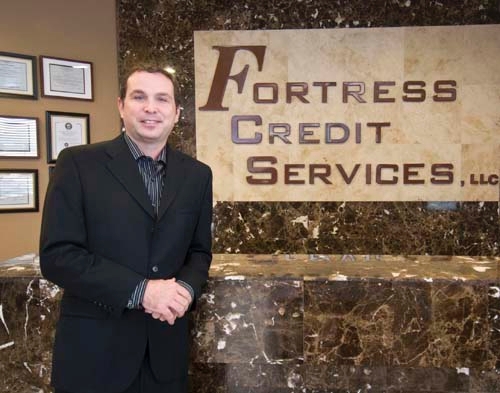FTC banning up-front loan mortgage modification fees
The state consumer advocate is glad to see the end coming for a new type of financial enterprise in Nevada.
The Federal Trade Commission has banned consulting firms from charging up-front fees for negotiating modifications of residential mortgage loans. The prohibition takes effect Jan. 31.
Eric Witkoski, chief of the attorney general's Bureau of Consumer Protection and the state consumer advocate, called money spent on mortgage modification consultants a bad bet for consumers.
"It's worse than some of the odds at the casino tables," Witkoski said.
Most mortgage modification consultants, sometimes called foreclosure consultants, will be unable to continue in business because of the commission's rule, industry insiders say.
"It's going to be very difficult to provide service under the FTC ruling," said Mandy Peacock of Citizens Home Advocacy.
Mortgage Lending Commissioner Joseph Waltuch said the constraints of the federal rule "will have substantial impact" on the number of licensed consultants for mortgage loan modifications. His office counts 39 licensed loan modification firms with 185 licensed associates in Nevada.
"It was a terrible decision by the FTC," said Ian Hirsch, owner of Fortress Credit Services, a mortgage modification firm.
Hirsch said the rules were adopted at banks' insistence. Banks don't want advocates representing homeowners who are struggling to avoid foreclosure through modification of interest rates and monthly payment amounts of principal reduction, he said.
"It's intended to kill an industry," Hirsch said. "It was overreaching and certainly not in the consumer's best interest."
Getting a lender to agree to modify a mortgage is difficult, Witkoski said. Homeowners seeking to avoid foreclosure should keep their cash, rather than paying a consultant to help obtain a possible mortgage modification, he said.
Unethical mortgage modification firms often fail to do any work after collecting fees, industry observers say. To eliminate that risk for consumers, the FTC rule prohibits mortgage modification firms from getting paid in advance.
"By banning providers of these services from collecting fees until the customer is satisfied with results, this rule will protect consumers from being victimized by these scams," commission Chairman Jon Leibowitz said in a statement.
While Nevada has been bedeviled by illegal mortgage scams, Hirsch and Peacock were licensed by the Mortgage Lending Division to help homeowners obtain mortgage loan modifications from lenders. Hirsch said no one ever filed a complaint with the division against his firm.
Peacock persuaded the Nevada Legislature to allow licensed mortgage modification companies to collect fees in advance if they set up trust accounts to hold a client's money until the work is completed. The mortgage division also required loan modification companies to post $75,000 to $100,000 in surety bonds before licensing.
But it may be difficult for Nevada homeowners to recover those payments if a mortgage modification firm goes out of business and keeps the advance fees.
To recover the money, a consumer must sue in small claims court and get a judgment. The consumer must try to recover the lost money from the defunct mortgage consultant firm. The consumer may then ask the surety bond company to cover the loss, said a lawyer who spoke anonymously.
Many mortgage modification consultants say they cannot survive without charging fees in advance. Mortgage modification consultants say it's difficult to collect their fees after they have obtained a mortgage modification.
As a result, the FTC ban is expected to put many mortgage modification consultants out of business.
Peacock said her standard fee is $2,900. Hirsch said he typically charges $2,500 for mortgage modification assistance that may continue over a year. Peacock and Hirsch say they hope to continue operations but say the FTC rule makes their operations difficult.
Attorneys may continue to provide mortgage loan modification assistance, but only in connection with bankruptcy cases and other legal proceedings, according to the FTC rule. Some nonprofit mortgage assistance services are exempted from the rule.
FTC critics argue that the rule won't deter illegitimate mortgage modification firms from taking consumers' money up front. Most of the approximately 30 enforcement actions taken this year by the Mortgage Lending Division against mortgage modification consultants were against consultants who had no license to operate in Nevada.
Contact reporter John G. Edwards
at jedwards@reviewjournal.com or 702-383-0420.




























